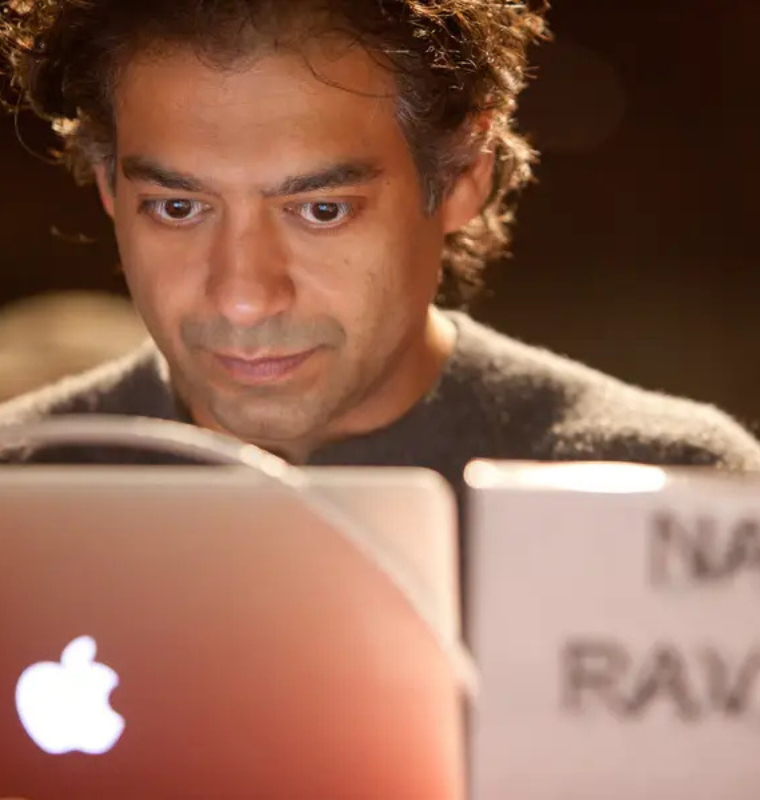Judge Questions $1.5 Billion Anthropic Settlement in Pirated Books AI Training Case
Judge Questions $1.5 Billion Anthropic Settlement in Pirated Books AI Training Case
By
Junia Wells
Last updated:
September 9, 2025
First Published:
September 9, 2025

Photo: Canadiann Press News
A federal judge on Monday expressed sharp criticism of a $1.5 billion settlement between AI company Anthropic and authors claiming their books were illegally pirated to train the Claude chatbot, raising doubts about whether the case can be resolved without a trial.
Settlement Under Scrutiny
U.S. District Judge William Alsup spent nearly an hour questioning the proposed deal, citing potential pitfalls and the risk that authors may not be fully protected. Alsup scheduled a follow-up hearing for September 25 in San Francisco to determine whether his concerns have been adequately addressed.
“We’ll see if I can hold my nose and approve it,” Alsup said during Monday’s session.
The settlement, announced just days earlier, aimed to resolve claims that Anthropic pirated nearly 465,000 books, paying authors and publishers around $3,000 per book. The agreement was designed to prevent a trial initially set for December.
Past Rulings and Case Background
In June, Alsup delivered a mixed ruling: while he found training AI on copyrighted books was not inherently illegal, he determined that Anthropic had improperly obtained millions of books via pirate websites to enhance Claude’s capabilities.
Authors’ attorney Justin Nelson confirmed that about 465,000 works are listed as pirated, but Alsup demanded a “drop-dead list” by September 15 to ensure no additional books could later expand liability.
Concerns About Claims Process
The judge’s main concern centers on the claims process and ensuring all eligible authors are properly notified. Alsup wants to avoid a situation where writers are unaware or feel pressured to accept the settlement. A claims form must be submitted by September 22 for his review ahead of the September 25 hearing.
Alsup also flagged potential conflicts with major organizations involved in the case. The Authors Guild and Association of American Publishers, while present at the hearing, were warned not to influence authors in ways that might compromise their understanding of the settlement.
Authors Speak Out
The three authors leading the lawsuit — Andrea Bartz, Charles Graeber, and Kirk Wallace Johnson — were present but did not speak in court. Johnson, author of The Feather Thief, previously described the settlement as “the beginning of a fight on behalf of humans that don’t believe we have to sacrifice everything on the altar of AI.”
Nelson reassured the court that the settlement funds will be fairly distributed, highlighting the widespread media coverage and transparency surrounding the case.
Next Steps
Despite assurances, Alsup remained cautious, signaling that the case could still proceed to trial if he is not confident in the settlement’s fairness.
“I have an uneasy feeling about all the hangers on in the shadows,” he noted, leaving open the possibility of a courtroom showdown over AI training practices and copyright infringement.
The upcoming hearings will be closely watched, as the outcome could set important precedents for how AI companies can use copyrighted material and how authors’ rights are protected in the era of machine learning.
Popular articles
Subscribe to unlock premium content
Naval Ravikant The Angel Investments That Quietly Made Him a Multimillionaire

Rising From the Rubble Lessons From Billionaires Who Failed 10 Times Before Success

Peter Thiel How His PayPal Ventures Paved the Way for Palantir’s Billion-Dollar Success

Naval Ravikant The Angel Investments That Quietly Made Him a Multimillionaire

Rising From the Rubble Lessons From Billionaires Who Failed 10 Times Before Success

Naval Ravikant The Angel Investments That Quietly Made Him a Multimillionaire









